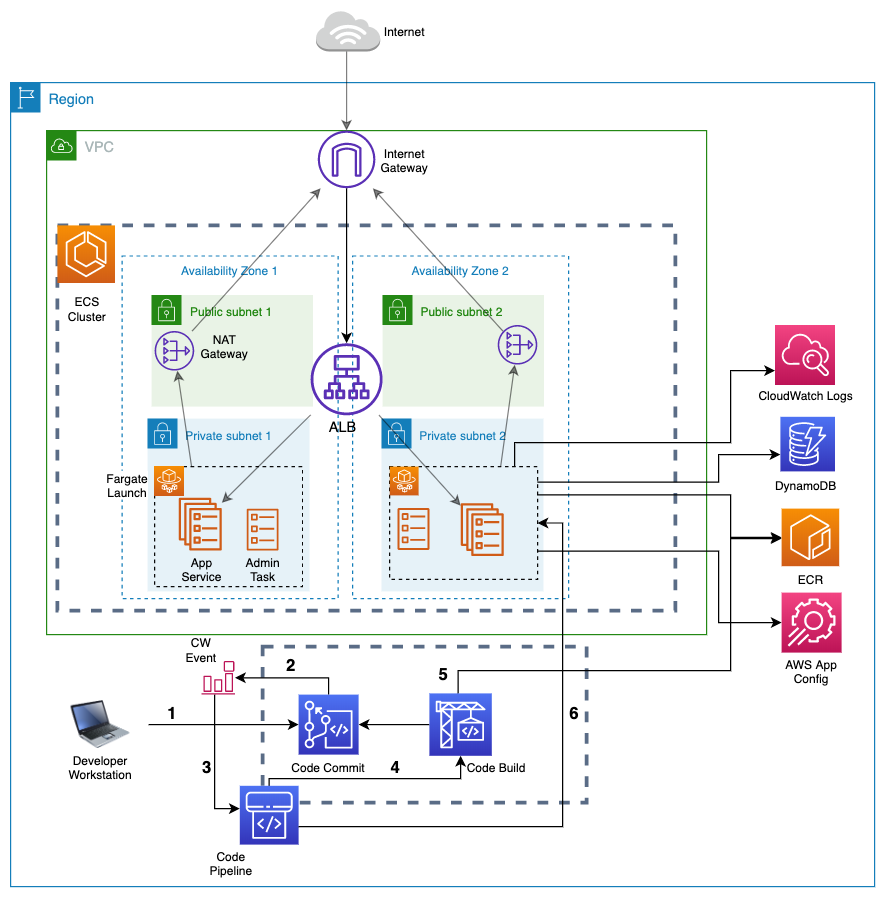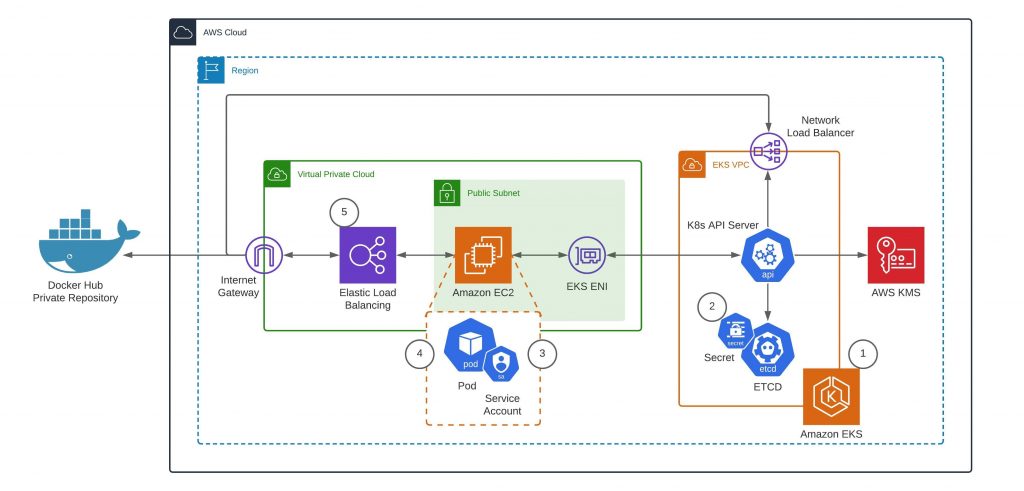Containers
Tag: AWS Fargate
Running critical workloads with Amazon EKS and AWS Fargate at Generali Italia
This blog was co-authored by Matteo Generali, Head of Digital Factory – Generali Italia; Andrea Caligaris, Claims & Health applications development lead – Generali Italia; Lorenzo Micheli, Senior Cloud Infrastructure Architect – AWS Professional Services; and Ettore Trevisiol, Cloud infrastructure Architect – AWS Professional Services. Who is Generali Italia? Generali Italia is one of Europe’s […]
Introducing Amazon CloudWatch Container Insights for Amazon EKS Fargate using AWS Distro for OpenTelemetry
Introduction Amazon CloudWatch Container Insights helps customers collect, aggregate, and summarize metrics and logs from containerized applications and microservices. Metrics data is collected as performance log events using the embedded metric format. These performance log events use a structured JSON schema that enables high-cardinality data to be ingested and stored at scale. From this data, […]
Use CloudFormation to automate management of the Fargate profile in Amazon EKS
Organizations are embracing microservices architectures and container-based deployments to gain agility, scalability, isolation, and separation of concerns. AWS Fargate, the serverless compute engine for running containers in the AWS Cloud, improves agility by taking away the undifferentiated heavy lifting of worker node provisioning and management. With Fargate, organizations can focus on building applications and application […]
Developing Twelve-Factor Apps using Amazon ECS and AWS Fargate
Sushanth Mangalore and Chance Lee, AWS Solutions Architects, SMB Introduction The twelve-factor methodology helps you build modern, scalable, and maintainable software-as-a-service apps. The methodology is technology agnostic and has become a widely-adopted approach to developing cloud-native applications. There are a few different ways to develop twelve-factor applications on AWS. Solutions based on containers technology are a […]
Managing compute for Amazon ECS clusters with capacity providers.
Customers running containers are often challenged with having to manage and understand how to run and scale the compute for their clusters. For customers taking advantage of Amazon Elastic Container Service (Amazon ECS) on AWS Fargate, the burden is lifted as the underlying compute layer is fully managed by AWS, enabling the customer to focus […]
New look for Amazon ECS in the AWS Management Console
Recently we launched a new look and experience for Amazon ECS in the AWS Management Console. Since its launch in 2014, Amazon Elastic Container Service (Amazon ECS) has served as a simple way for customers to run production grade container workloads on AWS. Customers such as Disney+, Vanguard, Okta, Fidelity, and UbiSoft trust Amazon ECS […]
Authenticating with Docker Hub for AWS Container Services
Docker Hub has recently updated its terms of service to introduce rate limits for container image pulls. While these limits don’t apply to accounts under a Pro or Team plan, anonymous users are limited to 100 pulls per 6 hours per IP address, and authenticated free accounts are limited to 200 pulls per 6 hours. […]
Latest updates to AWS Fargate for Amazon ECS
Recently, we announced features to improve the configuration and metric gathering experience of your tasks deployed via AWS Fargate for Amazon ECS. Based off of customer feedback, we added the following features: Environment file support Deeper integration with AWS Secrets Manager using secret versions and JSON keys More granular network metrics, as well as additional […]
Developing an application based on multiple microservices using AWS Copilot and AWS Fargate
Introduction On July 9, 2020, we introduced AWS Copilot, a new command line interface (CLI) to build, release, and operate production ready containerized applications on Amazon Elastic Container Service (Amazon ECS) and AWS Fargate. In this post, we walk you through how to communicate between microservices with service discovery using AWS Copilot. You can also refer to […]
Automatically deploying your container application with AWS Copilot
Taking an application from idea to working implementation that people can interact with is a multistep process. Once the design is locked in and the code is written, the next challenge is how to deploy and deliver the application to users. One way to do this is using a Docker container and a tool like […]








